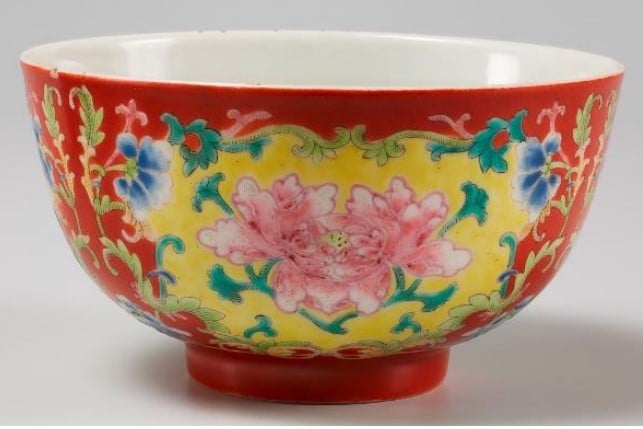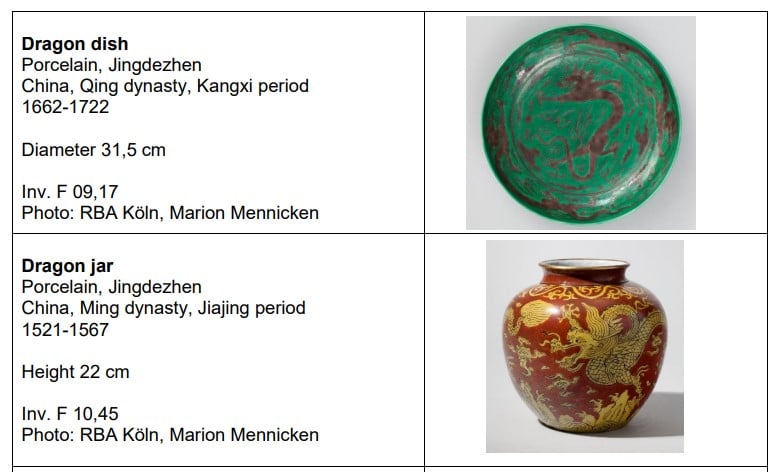Crime
A String of Burglaries Targeting Security Vulnerabilities Have Stripped a Cologne Museum of Objects Worth Millions
Most recently, thieves entered through a poorly repaired window to take nine pieces of valuable Chinese porcelain.

Most recently, thieves entered through a poorly repaired window to take nine pieces of valuable Chinese porcelain.

Adam Schrader

Nine items made from imperial Chinese porcelain believed to be worth millions were stolen from a museum in Cologne, Germany, in a brazen art heist carried out, per the museum “with great effort and violence.” It is the latest in a spree of troubling incidents on which the museum is hoping to crack down.
Shao-Lan Hertel, the scientific director of Cologne’s Museum of East Asian Art, revealed the theft in a statement on the institution’s website and provided a full listing of the stolen items. Further details, such as their value, were not provided for insurance-related reasons.
The suspects, who still not have been identified, broke into the museum on the night of September 12 and stole nine Chinese porcelain objects dating from the 16th to 19th centuries. Security workers immediately notified police and nobody was injured.
“The staff members of the Museum for East Asian Art are shocked and deeply consternated by the burglary. More than financial and material damage, the museum mourns a loss of intangible nature,” Hertel said in the statement.

Two of the nine stolen items of Chinese porcelain are seen in a screenshot from a list provided by the museum. Photo courtesy of Cologne’s Museum of East Asian Art
Hertel said most of the stolen objects were acquired by the museum founders Adolf and Frieda Fischer in China between 1906 and 1911, documenting the acquisitions in detail in their purchase diary. Another item was a Ming-dynasty yellow-glazed dish, which was gifted to the museum in 2015.
The museum has faced security vulnerabilities this year and a crime spree it has been trying to address, Hertel noted.
A failed burglary was foiled by an alarm in January and followed by another in June in which the burglars broke a window at the museum.
The museum “massively heightened” its security systems, Hertel said. Further details about the increased measures were not provided. However, German public broadcaster WDR reported the window was only repaired with a wooden panel—which is how the burglars entered in the recent heist.
The only major lead in the case came from the statement of a lone security guard who said possibly two men were involved in the break-in, one of whom was wearing a backpack like a delivery driver.
The security measures were decided in consultation with local police and the Department for Art and Culture of the City of Cologne. The museum is collaborating with authorities in planning how security can be further expanded and the case has been registered with Interpol.
“The international dimension of the investigation corresponds to the cultural significance and financial value of the stolen property,” Hertel said. “The objects are very well documented and therefore clearly identifiable, and so it is hoped that they will eventually find their way back into the museum collection.”
More Trending Stories: